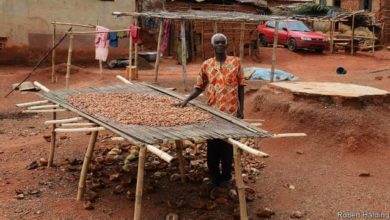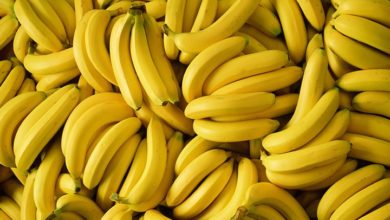Calls for Increased Cultivation of Baobab in Ghana as Demand for the Fruit Increases in the UK

Team Leader for the Milla Tribe Baobab Company, Mr. Mawuli Kofi Sikanku is advocating for the cultivation of baobab plantations in Ghana to increase the rate of the plant’s establishment in Ghana.
Mr. Sikanku who was speaking to Rite news said most of the baobab trees grow in the wild, adding that cultivating the plant in plantations across the country will enhance its production in the country.
Mr. Sikanki was speaking in response to reports that baobab fruit sales have increased by over 1,600 per cent in some areas of the United Kingdom (UK) as commodity experts suggest that it is set to become a new western super-food.
To him, protecting the existing plants and not plucking the leaves of the plants will greatly sustain the current numbers of the plant.
The benefits of baobab have long been known in Africa but its products had limited appeal in the UK until it was brought by the Africa-inspired health and beauty brand; Aduna.
Now sales have gone mainstream through the supermarket giants YeoValley, which has introduced a new yoghurt as well as the product.
Baobab grows in 32 countries across Africa including Kenya and Tanzania where a new tree was discovered in 2012.
Most current sales to the UK come from Zimbabwe and West Africa but the demand is such that UK producers are likely to be looking for new suppliers in the future.
HARVESTED
On less than a dollar a day yet smiling
As a fruit, baobab is unique in that it dries naturally on the branch before it is harvested, the seeds are removed and then sieved into a powder. It is ideal for adding to smoothies and juices, or using as an alternative to sugar for sweetening yoghurt or cereal.
New figures show demand for the baobab fruit, which contains three times as much vitamin C as an orange, and has incredibly high levels of antioxidants have increased dramatically over the past 18 months.
Baobab which tastes like a blend of pineapple and melon is also full of magnesium and iron and it can potentially help regulate blood glucose levels.
“On paper, baobab has everything it takes to become the next super-food,” one nutritional expert said.
EXPANSION
The potential market for expansion is also huge; as at present only 23 per cent of UK consumers have heard of the African fruit, according to a survey of 2,050 people commissioned by The Grocer. But things are changing.
According to The Grocer’s report, the UK food distributor Ocado has reported a 27 per cent increase in weekly sales since the start of 2018, thanks, in part, to the rise of “liquid breakfasts.”
Some scientists and traders have expressed concerns that if baobab takes off internationally, it would become tantamount to a crop, which could threaten it as a local resource and a key part of local diets and medicines. Failure to regulate the harvest and export, and over-farming, could also affect the tree’s bio-diversity.
Source: ritefmonline.org/allafrica.com





As any riches of the world, the baobab tree of life is marketing his bounty. Let’s hope that the tree is safeguarded within African proprietary to protect the locals and biodiversity. Trading is fine in reasonable manners.